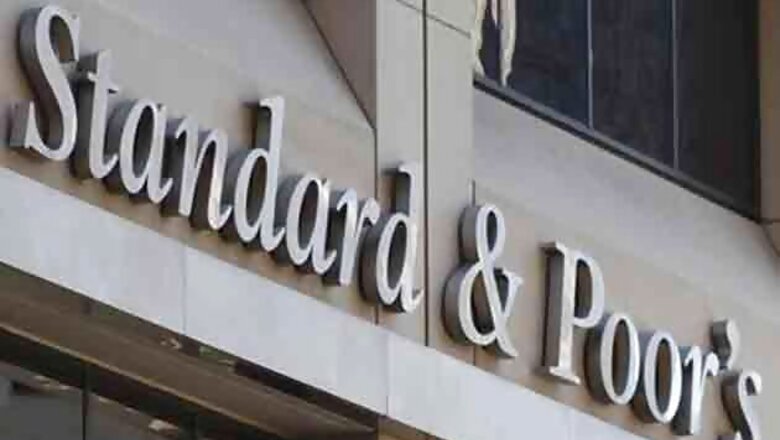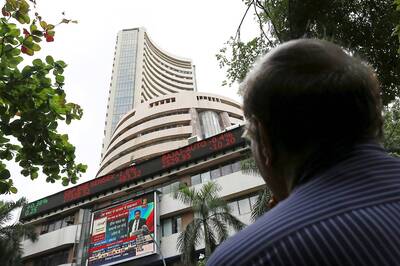
views
Mumbai: Global rating agency Standard & Poor's Ratings Services lauded fiscal consolidation steps announced in Budget that will benefit the credit fundamentals, but pointed out that it will have no immediate impact on the sovereign credit rating, as the Budget is short on details.
"The Budget has no immediate impact on the sovereign credit rating on India (unsolicited rating BBB/Negative/A-3)," S&P credit analyst Agost Benard said in a late evening statement from Singapore.
Therefore "the negative outlook on the sovereign rating indicates that we may lower the rating in the next year or so if the new government proves unable to reverse the low economic growth", he said.
He was however quick to add that the agency would revise the outlook to stable if the administration restores some of the lost growth potential and consolidate fiscal accounts.
Benard blamed the budget highly for a cautious approach in tackling some of the economy's structural weaknesses and giving no clear indicators on how the government will meet the fiscal deficit target of 4.1 per cent even as it sees growth in tax receipts slowing to 15 percent this fiscal.
Describing the maiden Budget proposals from the Narendra Modi government as "steps in the right direction but short on details," S&P said, "the Budget is unclear on how the government will offset revenue loss from tax cuts and raising the income-tax exemption threshold".
Noting that food subsidy and fertiliser subsidy are equal, Benard said the "Budget is less ambitious in reducing the subsidy burden. It promises better targeting of food and petroleum subsides. However, it is not yet clear how that will be achieved, or how much saving it would bring."
He further noted that "the high fiscal deficit and resultant debt stock of about 70 per cent of GDP are two of the main constraints on the sovereign rating."
The Budget aims to cut fiscal deficit to 4.1 per cent of GDP this fiscal, and to 3.6 per cent in the following two years, from 4.5 per cent last fiscal, while on the revenue side, receipts in the proposed budget are boosted by a near 8 per cent year-on-year rise in capital receipts, inflows that are of a one-off nature, which S&P said it does not consider as a part of government revenue.
The agency also raised doubts on the roll-out of the much-delayed GST. Benard further said that the total budget for food subsidies is the same as that for fertilisers, and higher than in the previous government's budget.
He also expressed doubts on if the hike in FDI cap in insurance and defence to 49 per cent would really be effective in bringing the desired dollars, saying "it is unclear whether this will be sufficient to give a substantial boost to FDI in these sectors."
But he added it could improve investor perceptions and growth prospects.



















Comments
0 comment